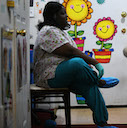
There Is No Essential Work Without Child Care
Home-based day-care providers struggle to stay afloat while keeping other essential workers going.


Home-based day-care providers struggle to stay afloat while keeping other essential workers going.
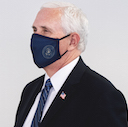
Two special guests, Sarah Jones and Marshall Steinbaum, return to the show to help Matt and Sam make sense of the politics of the pandemic.
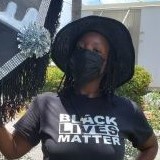
Adjunct faculty at Valencia College are campaigning for a union to advocate for fair pay, more job stability, and a greater say in how the college is run.
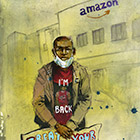

Since March, we have been collecting short stories about what workers are facing during the crisis, and how they have been fighting back. You can read eight of them here.
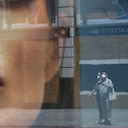
A series of short essays on the coronavirus pandemic.
The virus didn’t break the United States. It found a broken country, and then dug its boot into cracked glass.
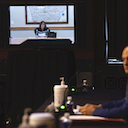
Across the country, state governments are passing legislation that grants companies immunity from any liability for their failure to protect workers during the pandemic.

From a solitary cell in Texas, Kwaneta Yatrice Harris writes letters documenting the torturous conditions, despite the risk of retribution.
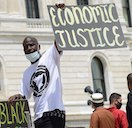
Darrick Hamilton and Jesse A. Myerson discuss the pandemic, the uprisings, and the future through the lens of stratification economics.
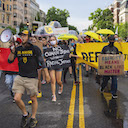
Kate and Daniel reflect on the lessons of the last few months and the prospects for ecosocialism in this decade.
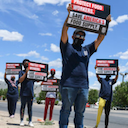
As commercial activity ramps up, the union is demanding stronger safety protections at food processing plants.
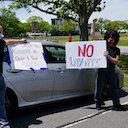
A coalition of unions representing 20,000 workers is organizing to reject the university’s austerity response to the pandemic.
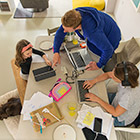
The pandemic is hammering home the unsustainability of American working family life.
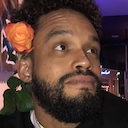
What does an abolitionist, ecosocialist program look like in practice? Researcher and organizer Jasson Perez explains why working toward police and prison abolition is key to building social movements and, ultimately, expanding the horizon of a vibrant working-class life.

“Amplifying our concerns about going back to work,” says museum educator Sarah Shaw, “is also a way of amplifying the concerns of other frontline workers.”